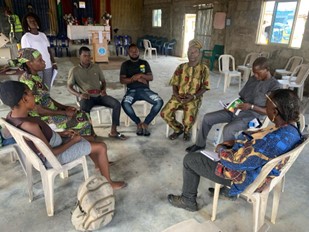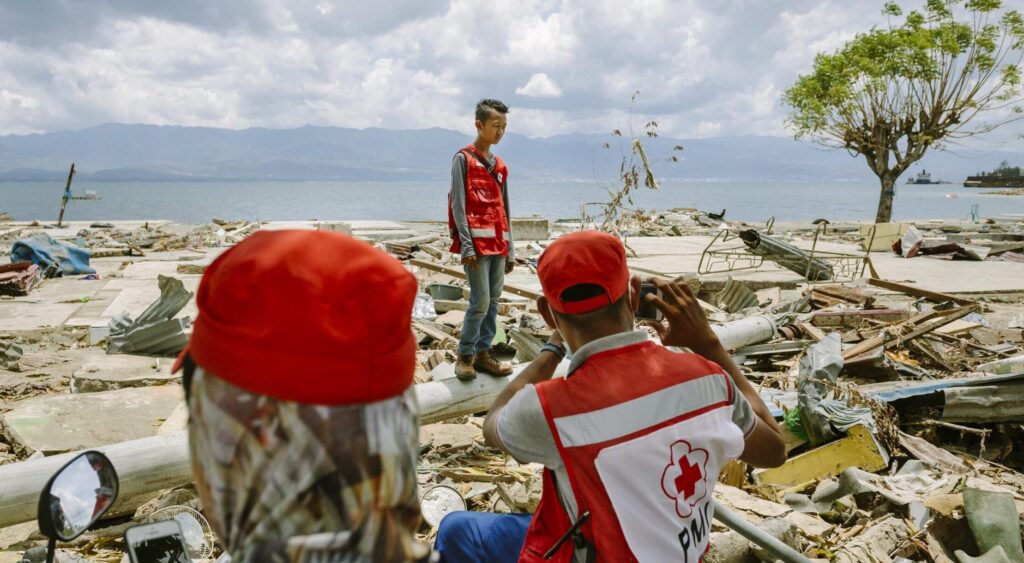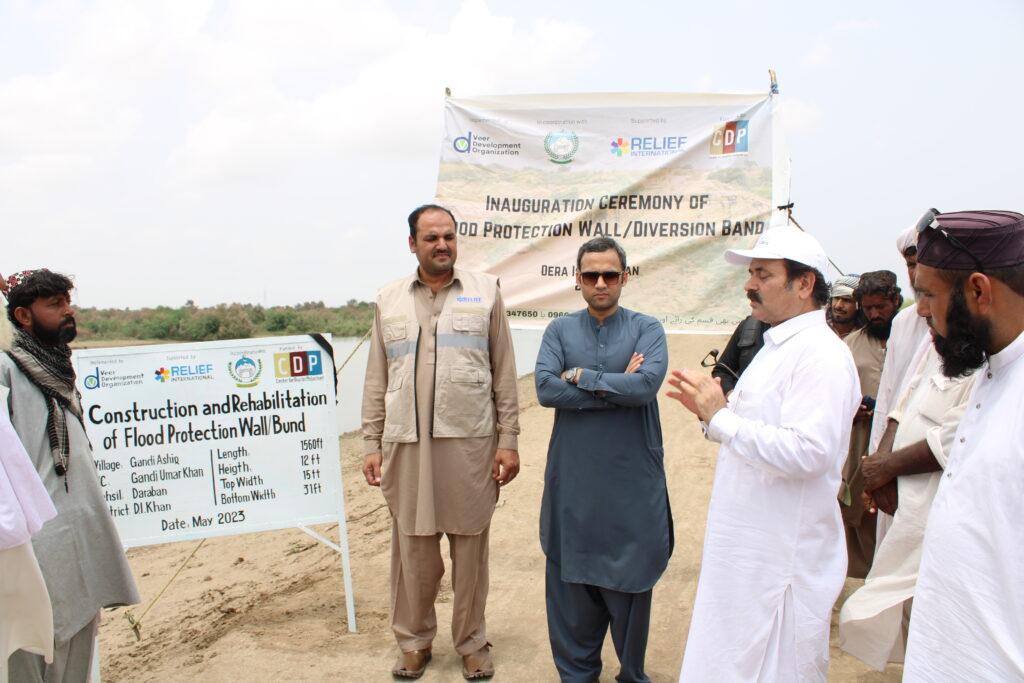Utilization of Heat Early Warning Resources Within Slum Communities in Nigeria
Authors: Olumuyiwa Bayode Adegun (Federal University of Technology Akure), Tobi Eniolu Morakinyo (University College Dublin), Peter Elias (University of Lagos) This research investigates the use of early warning resources for extreme heat in slum communities in Akure and Lagos in Nigeria. The study was driven by the increasing vulnerability of slum residents to heatwaves exacerbated […]
Utilization of Heat Early Warning Resources Within Slum Communities in Nigeria Read More »



